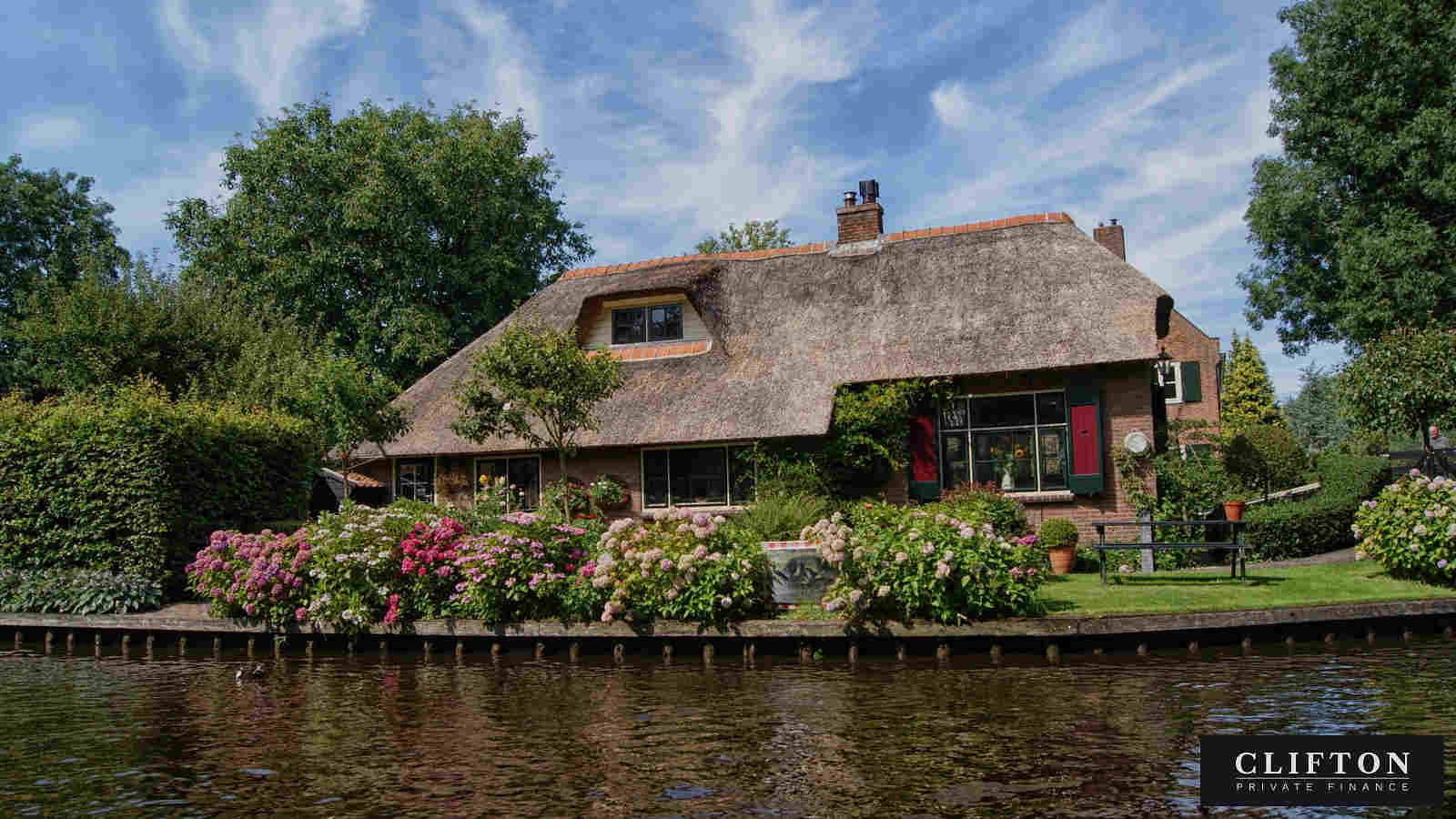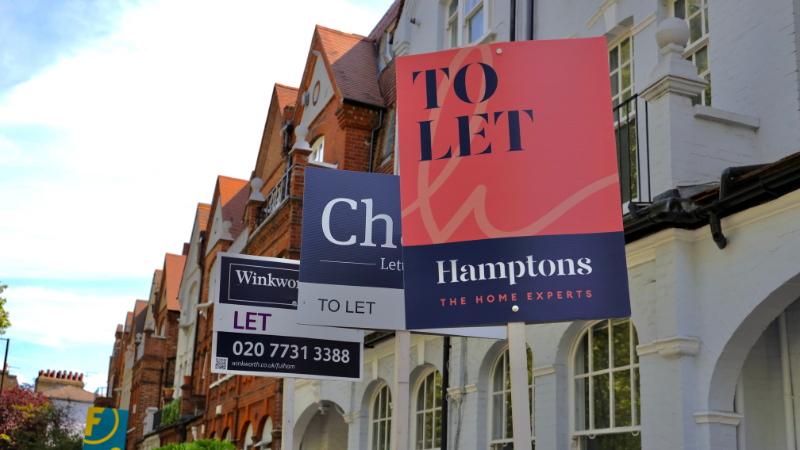Categories
How do I get a mortgage in retirement?

If you need to pay off an interest-only mortgage, or you want to make use of the equity you’ve built up in your property, it’s now increasingly possible to access affordable finance as an older borrower.
The idea that you’d be sitting back aged 55 with your mortgage paid off has gone the way of pipes and carpet slippers and a pension in your 50s.
You’re probably not expecting now to retire until your late sixties, and may want to keep working into your 70s or later.
You may be looking at some adventurous travel, taking on an ambitious house renovation project or buying a holiday home.
Or you may be worried about what to do when your current interest-only mortgage comes to an end – in which case you’re in good company.
Why do you need a later-life mortgage?
Is your interest-only mortgage coming to an end?
Many baby-boomers were encouraged to take out interest only mortgages during the property bonanza of the 1980s, and were confident that endowment policies and steadily rising house prices would pay off their loans at the end of term.
Twenty-five years later those mortgages have been maturing, but the endowment policies have underperformed, and borrowers have been facing the prospect of having to sell up and move out to repay their original loans.
Responding to this need for refinancing, the Financial Conduct Authority has relaxed the regulations on interest-only borrowing for older homeowners, separating them from equity release products and allowing them to be handled by main-market mortgage brokers.
Over the past couple of years there’s been a rapid growth in the number of Retirement Interest Only (RIO) mortgages being offered by banks and building societies, offering a greater variety of age and affordability criteria for borrowers.
Do you want to release some equity from your home?
A RIO mortgage can give you access to some of the value tied up in your home, to use for home improvements, to buy a holiday home, or to give children or grandchildren some help in getting onto the property ladder.
Unlike pure equity release financing, you retain ownership of your home. And the cost of the borrowing isn’t multiplied by having the interest payable rolled-up into the total loan, to be repaid at the end.
Are you Upsizing?
It’s not game-over just because you’ve reached your 60s.
If you got started on the property ladder in your 40s, you haven’t had much time to scale up by the time you reach “retirement age”. And you may still have the vision and the energy for a big home project.
Or you may be looking for a bigger property that brings a three-generational family together.
Are you Rightsizing?
Traditionally, we think of downsizing to smaller and cheaper when we no longer need a big family home (or want to keep a large garden under control).
“Rightsizing” can be a move to smaller-but-not-necessarily-cheaper. You may want to buy in a more convenient town-centre location, or in a more expensive area because it’s closer to family. A late-life mortgage can give you options, and more independence.
Retirement mortgages FAQs
Can I get a standard mortgage repayable over 25 years?
It depends on your age. If you’re 54-year-old now you could take out a 25-year loan and have the mortgage repaid by your 80th birthday.
A longer mortgage term massively improves the affordability of loans for older borrowers:
- A mortgage for £100,000 taken out at age 65, which has to be repaid by the age of 75, costs £966 a month at 3% interest
- But if the same mortgage is extended over 20 years (as is now possible), to be repaid by the time you’re 85, the cost comes down to just £555 a month.
Will I qualify for a Retirement Interest Only mortgage?
Lenders will assess your eligibility on three key criteria (these will vary from one lender to another):
- Age (at application, and at the end of the mortgage term):
- Loan to value (how much of your mortgage you have paid off)
- Affordability (can you comfortably afford the regular payments)
Do I need to have an income to get a Retirement Interest only mortgage?
The low monthly payments are usually the reason why people look at taking out an interest-only mortgage.
You don’t need to be employed, with an earned income and payslips. But you do need to be able to show you have an income which will cover the monthly interest costs. Most lenders will probably look for a minimum income of £15,000 a year.
What kind of income will mortgage lenders accept:
- State pension
- Final salary pension
- Annuity payments
- Rental income from a buy-to-let property: possibly some lenders, but not all
- Income drawdown pension scheme: probably not – the facility to take out cash as and when you need it means the income is not guaranteed
If you are a couple with both your names on the mortgage agreement, the minimum income requirements may apply to both of you.
Or if one of you dies, the remaining partner needs to be able to pay the mortgage with life insurance, or an inherited pension.
Is there an age limit for getting a mortgage?
It used to be very difficult to get a mortgage that would extend beyond your projected retirement age: mortgage lenders asked themselves (quite rightly) how you would keep up with the payments.
Many banks and building societies have now been encouraged to start offering new finance options for older borrowers, with the term of a mortgage possibly extending to age 99.
There’s no fixed maximum age at which you might be granted a mortgage, but most lenders set their own age limits:
- How old you are when you take out the mortgage: usually 55 to 80
- How old you’ll be when the mortgage term ends: usually a maximum of 70 to 85, but possibly older
Older borrowers will probably be offered mortgages with shorter terms: five or 10 years.
You have a better chance of getting a mortgage if:
- You have enough equity in your home – usually 55%
- You have a strong credit history
- You have enough income to easily cover the repayments
A broker will be able to look at all the mortgage options on the market – from high-street banks and specialist lenders – and find the product that fits your circumstances.
How do I repay a Retirement Interest Only mortgage?
Standard interest only mortgages have a fixed term that is set at the outset.
The repayment of the original loan amount of a RIO mortgage is triggered by a specified life event: moving into long-term care, or death.
Get professional mortgage advice for this important decision
The financing of your home must suit your personal circumstances and what you can afford. There are a variety of factors to be considered, and the finance solution you originally considered may not turn out to be the most suitable for you.
Contact Clifton Private Finance to arrange a time to discuss your situation in detail.









